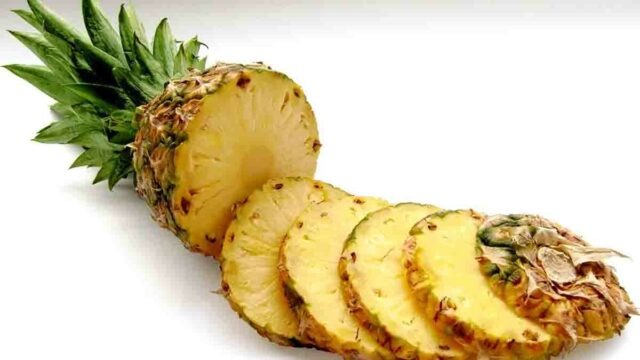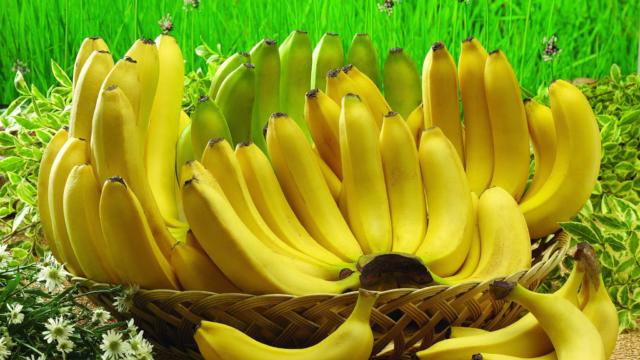The study “Marketing models of fresh and processed organic products in Denmark” carried out by the Foreign Trade Promoter of Costa Rica (PROCOMER) reveals the possibilities of Costa Rican organic crops to enter Denmark, where the joint work of the public and private sectors has achieved a positioning of these products in supermarkets, hotels and local restaurants.
Denmark is the leading country in the production and sale of organic food, however, its production is concentrated in meat, eggs and dairy, following the standards that ensure the welfare and natural behavior of animals. Through its own organic law, the Danish government inspects and confirms compliance with production standards, promoting the consumption of organic products in the country and, in addition, seeks that local farmers involve organic standards during the production cycle, without However, the climatic conditions of the country make it difficult to expand the variety of products in the line of fruits and vegetables, and generate dependence on imports to be able to sustain the consumption of citizens, which represents a new opportunity for the exportable supply of Costa Delicious.

In 2021, total Costa Rican exports to Denmark reached US$4.9 million, with products such as bananas, ornamental plants and preserved fruits, however, the study confirms that in Costa Rica the organic production of bananas, coffee, pineapple and cocoa could also achieve positioning in the Danish market, because the consumer line starts with mainly conventional products, and then gives way to luxury products such as wine, beer and tea. “It is important to consider that all products exported to Denmark as organic must comply with the regulations of the European Union, in case of opting for the Danish certification, this establishes the need to carry out some type of processing in Denmark, for example, the repackaging of the products. Compliance with the stipulated quality standards consolidates the opening to new markets abroad”, said Marta Esquivel, director of Planning and Commercial Intelligence.

For her part, Maureen Alpízar, analyst in charge of the study, made the following recommendations in order to boost the Costa Rican organic exportable supply:
Support for the productive sector- Implementing strategies that allow the national agriculture plans to focus on the solid development of the country’s organic markets, as well as official entities in charge of promoting the organic agricultural sector in retail chains, farmer’s fairs and organic markets.
Generate consumer confidence- Having the necessary tools with the ability to demonstrate to the consumer that the products meet the established requirements.
National seal- Increasing efforts to create a seal with national standards that guarantee the quality of the products and, in addition, achieve greater positioning of these both nationally and internationally.
Resource Protection- Integrating organic agriculture into policy area strategies and plans that promote eco-friendly green growth and protection of drinking water and food from pesticides.
Latin America owns 13% of the world’s organic land, which has allowed the region to increase its share of exports of organic products to Denmark by an annual average of 15% since 2016, and this figure is expected to continue to rise. as a result of the effort made by the Danish government to promote organic products, environmental improvement and the good health of its citizens.

